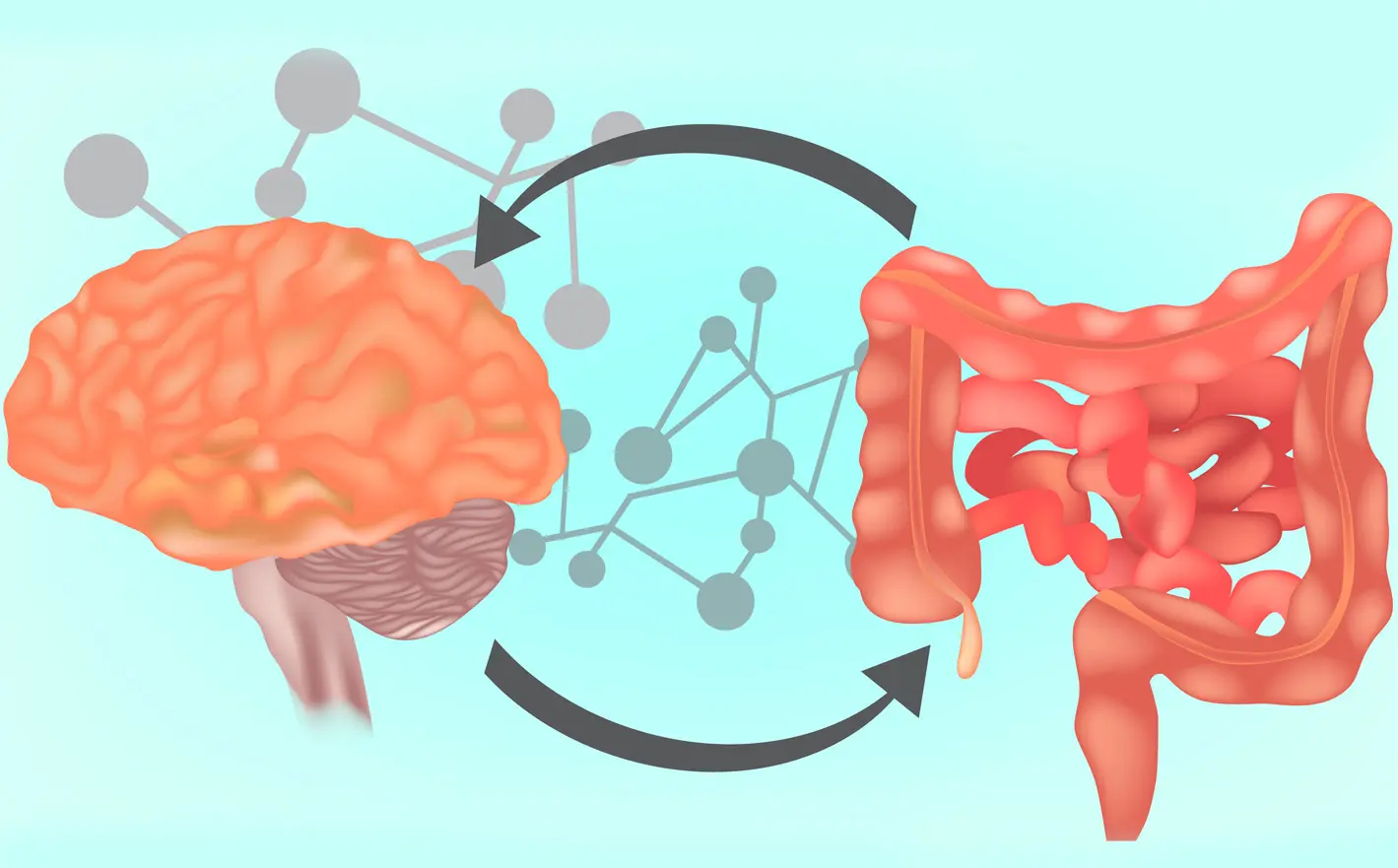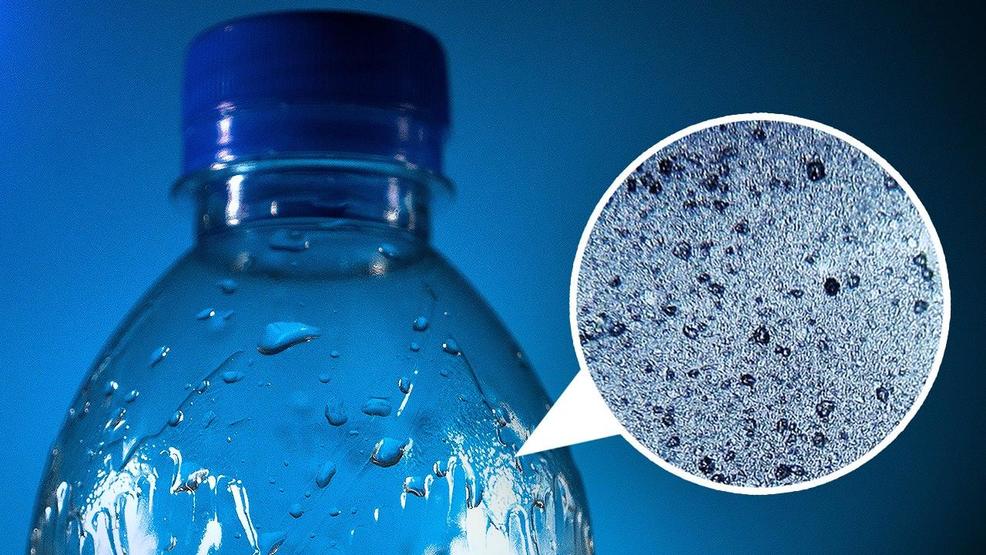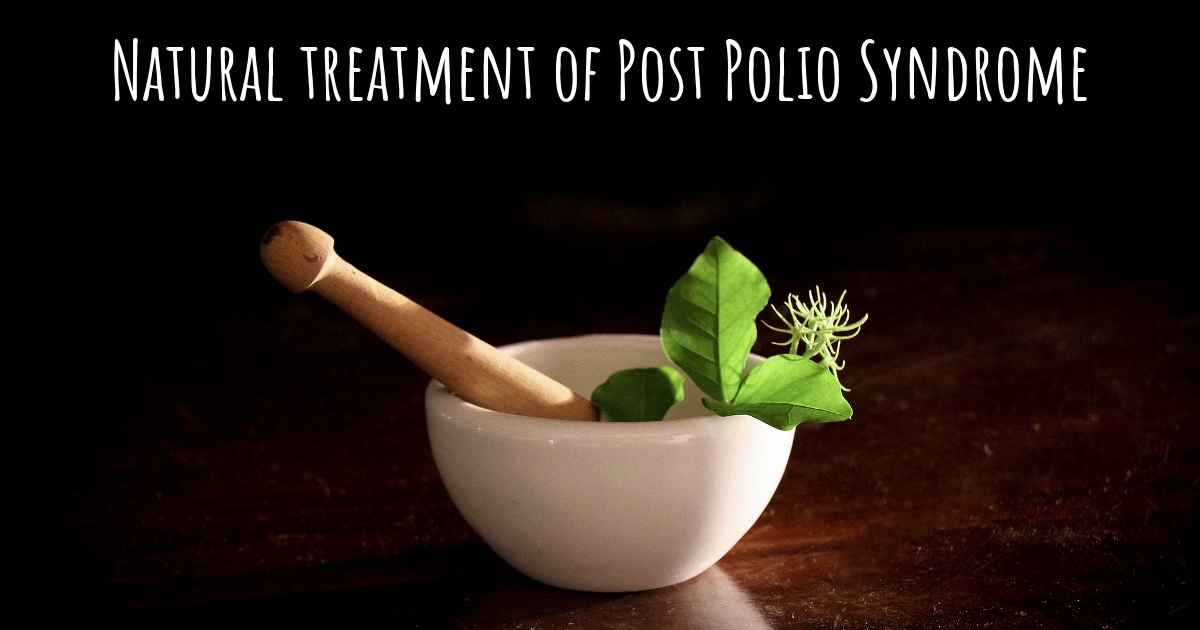In recent years, the scientific community has increasingly focused on the intricate relationship between the gut and the brain, commonly referred to as the gut-brain axis. This bidirectional communication system links the emotional and cognitive centers of the brain with peripheral intestinal functions. At the heart of this research is the role of probiotics—live microorganisms that, when consumed in adequate amounts, confer health benefits to the host. As we delve deeper into understanding the gut-brain connection, probiotics have emerged as a promising tool in advancing research on gut-brain health.
The Gut-Brain Axis: A Brief Overview
The gut-brain axis is a complex network involving the central nervous system, the enteric nervous system (often called the “second brain”), and the gut microbiota. This axis facilitates communication through neural, hormonal, and immunological pathways. The gut microbiota, a diverse community of trillions of microorganisms residing in the gastrointestinal tract, plays a pivotal role in maintaining homeostasis within this system.
Research has shown that the gut microbiota can influence brain function and behavior. Dysbiosis, or an imbalance in gut microbiota, has been associated with various neurological and psychiatric disorders, including anxiety, depression, and autism spectrum disorders. This has led to a growing interest in exploring how modulating the gut microbiota can impact brain health.
Probiotics: Allies in Gut-Brain Health
Probiotics are live bacteria and yeasts that are beneficial for digestive health. They are naturally found in fermented foods like yogurt, kefir, sauerkraut, and kimchi, and are also available as dietary supplements. Probiotics are known to exert numerous health benefits, including enhancing gut barrier function, modulating the immune system, and inhibiting the growth of harmful bacteria.
In the context of gut-brain health, probiotics have been shown to influence the gut microbiota composition and function, thereby potentially affecting brain health and behavior. Several mechanisms have been proposed to explain how probiotics exert their effects on the gut-brain axis:
- Neurotransmitter Production: Certain probiotics can produce neurotransmitters such as serotonin and gamma-aminobutyric acid (GABA), which play crucial roles in mood regulation and cognitive function.
- Modulation of the Immune System: Probiotics can influence the immune system by regulating the production of cytokines, which are signaling molecules that can affect brain function and behavior.
- Gut Barrier Integrity: Probiotics help maintain the integrity of the gut barrier, preventing the translocation of harmful substances that could trigger inflammation and affect the brain.
- Reduction of Inflammation: Chronic inflammation is a common feature in many neurological disorders. Probiotics can reduce inflammation by modulating the gut microbiota and the immune system.

Recent Advances in Probiotic Research
Recent studies have highlighted the potential of probiotics in managing various aspects of mental health. For instance, a study published in the journal Brain, Behavior, and Immunity found that a specific probiotic strain, Lactobacillus rhamnosus, could reduce symptoms of anxiety and depression in animal models. The study suggested that this effect was mediated through the vagus nerve, a key component of the gut-brain axis.
Another study in Psychiatry Research demonstrated that a combination of probiotics, including Bifidobacterium and Lactobacillus species, improved mood and cognitive function in individuals with major depressive disorder. These findings underscore the potential of probiotics as a complementary approach in the treatment of mental health disorders.
Moreover, research on probiotics and autism spectrum disorders (ASD) has shown promising results. A study published in Cell revealed that a probiotic formulation could alleviate gastrointestinal symptoms and improve social behavior in a mouse model of autism. This study highlighted the potential of targeting the gut microbiota to manage ASD symptoms.
Challenges and Future Directions
While the potential of probiotics in advancing gut-brain health research is promising, several challenges remain. One major challenge is the variability in individual responses to probiotics, which can be influenced by factors such as genetics, diet, and existing gut microbiota composition. This highlights the need for personalized approaches in probiotic therapy.
Additionally, the probiotic industry faces challenges related to standardization and quality control. The efficacy of probiotics depends on the strain, dose, and viability of the microorganisms, which can vary significantly between products. Therefore, rigorous clinical trials are necessary to establish the safety and efficacy of specific probiotic strains for gut-brain health.
Future research should focus on understanding the mechanisms underlying the effects of probiotics on the gut-brain axis. This includes exploring the role of specific probiotic strains, identifying biomarkers for personalized probiotic therapy, and investigating the long-term effects of probiotic consumption on brain health.
Conclusion
Probiotics represent a promising frontier in the research on gut-brain health. By modulating the gut microbiota, probiotics have the potential to influence brain function and behavior, offering new avenues for the prevention and treatment of neurological and psychiatric disorders. As research in this field continues to evolve, probiotics may become an integral part of strategies aimed at improving mental health and overall well-being.
In conclusion, the exploration of probiotics in gut-brain health research is still in its nascent stages, but the findings so far are encouraging. With continued advancements in this field, probiotics could play a crucial role in enhancing our understanding of the gut-brain axis and unlocking new therapeutic possibilities for mental health.










